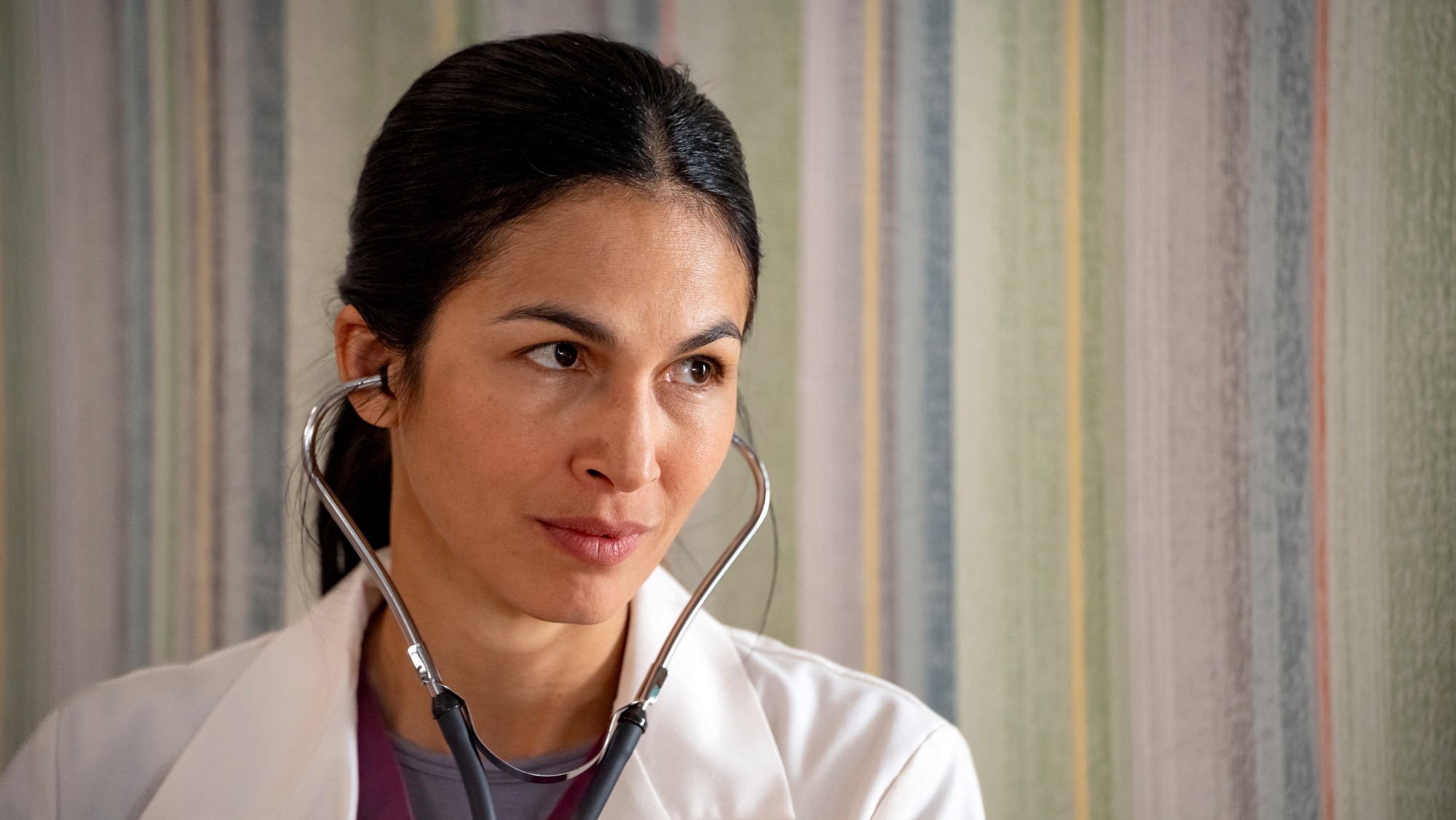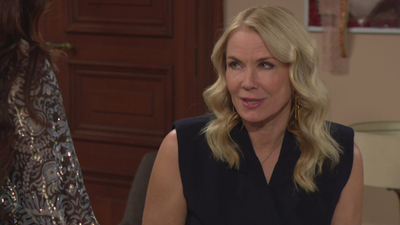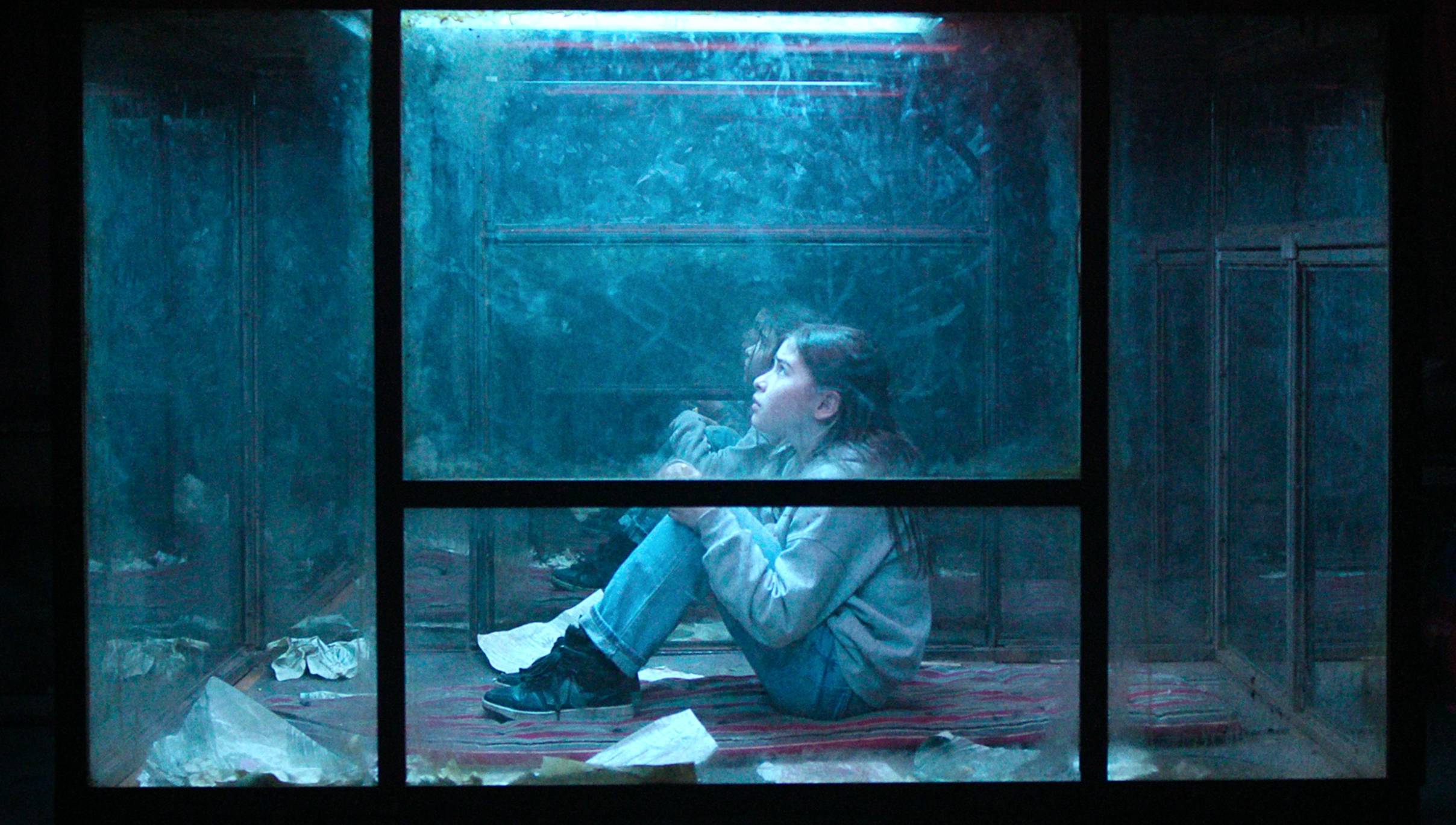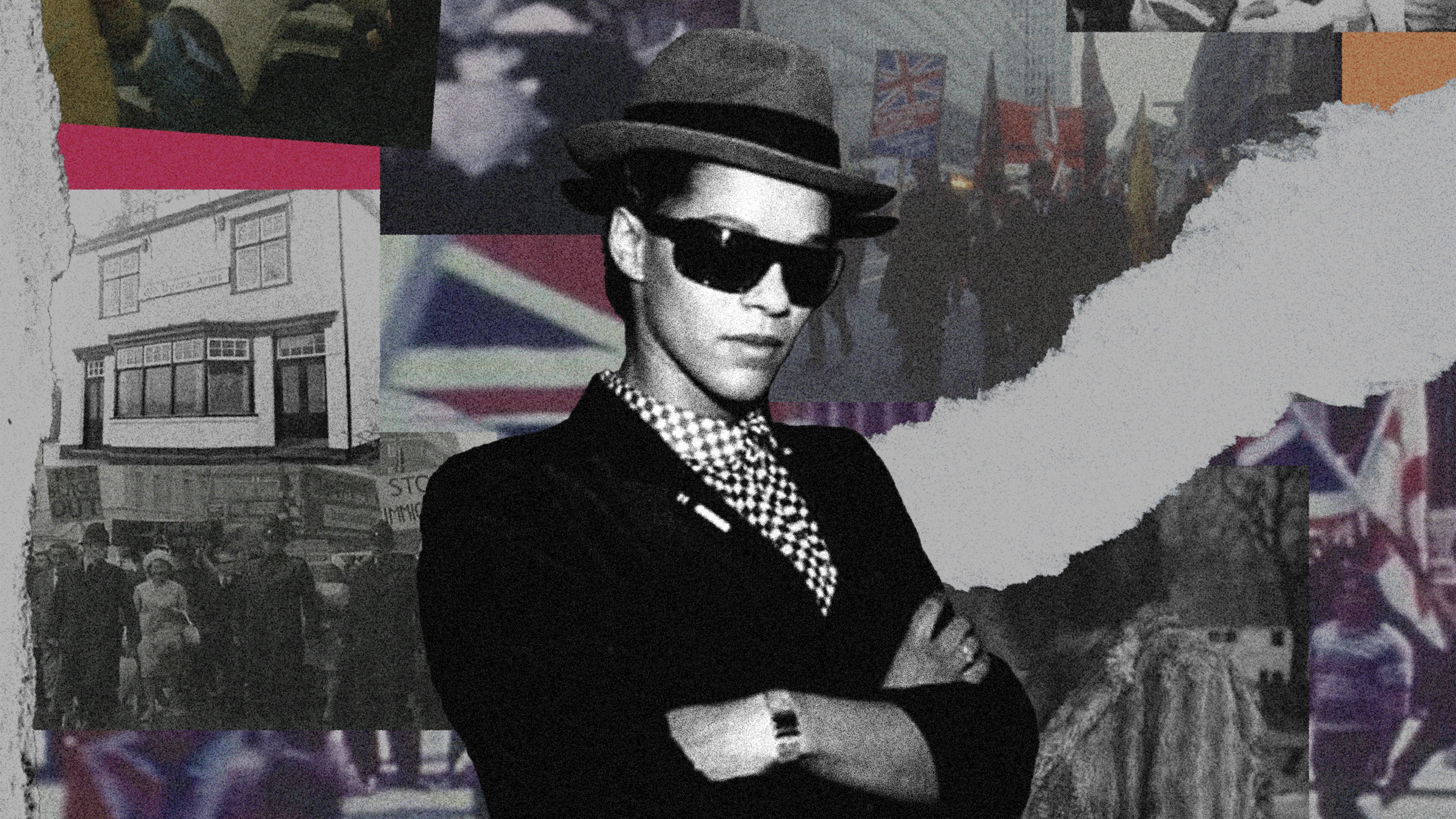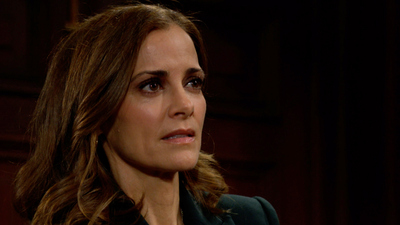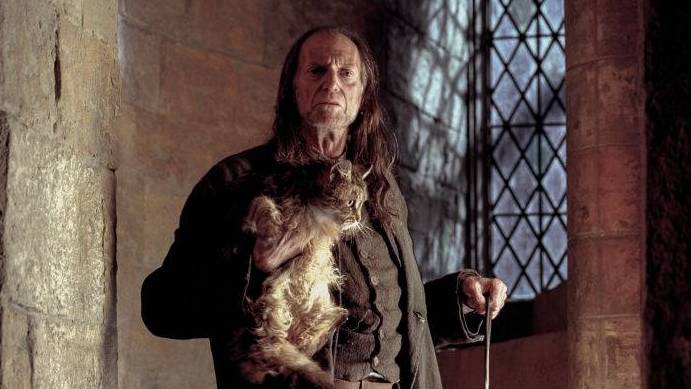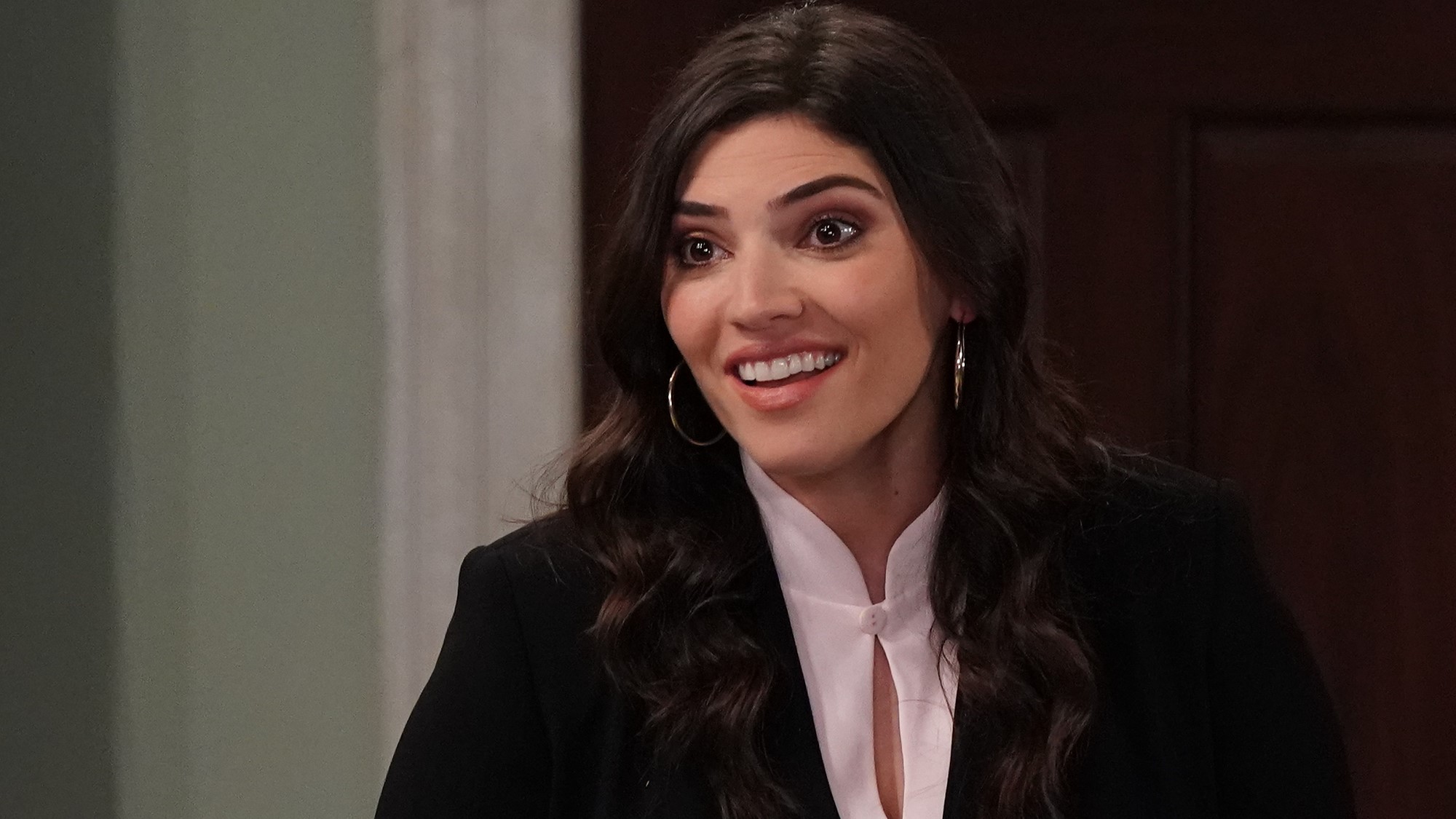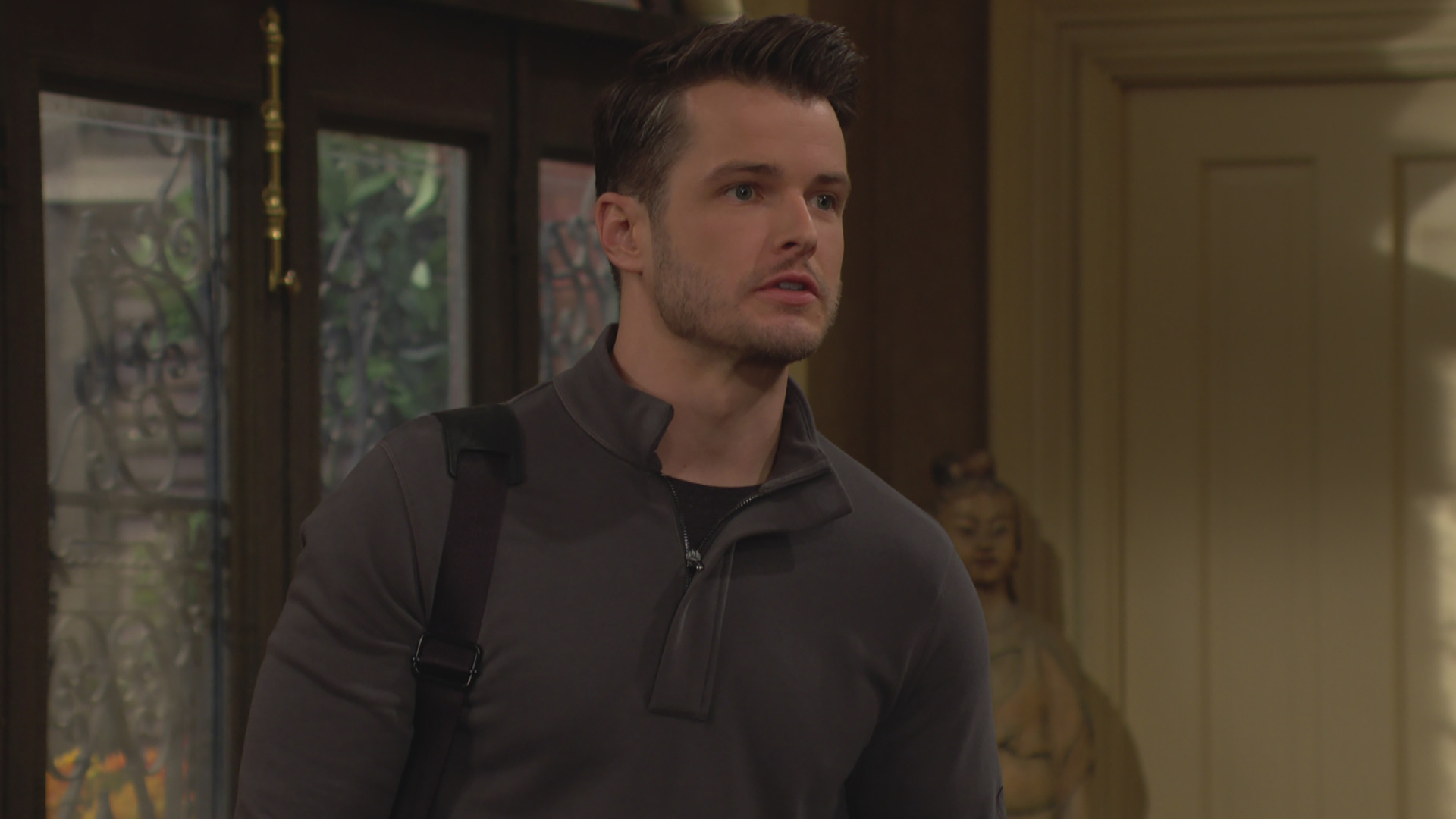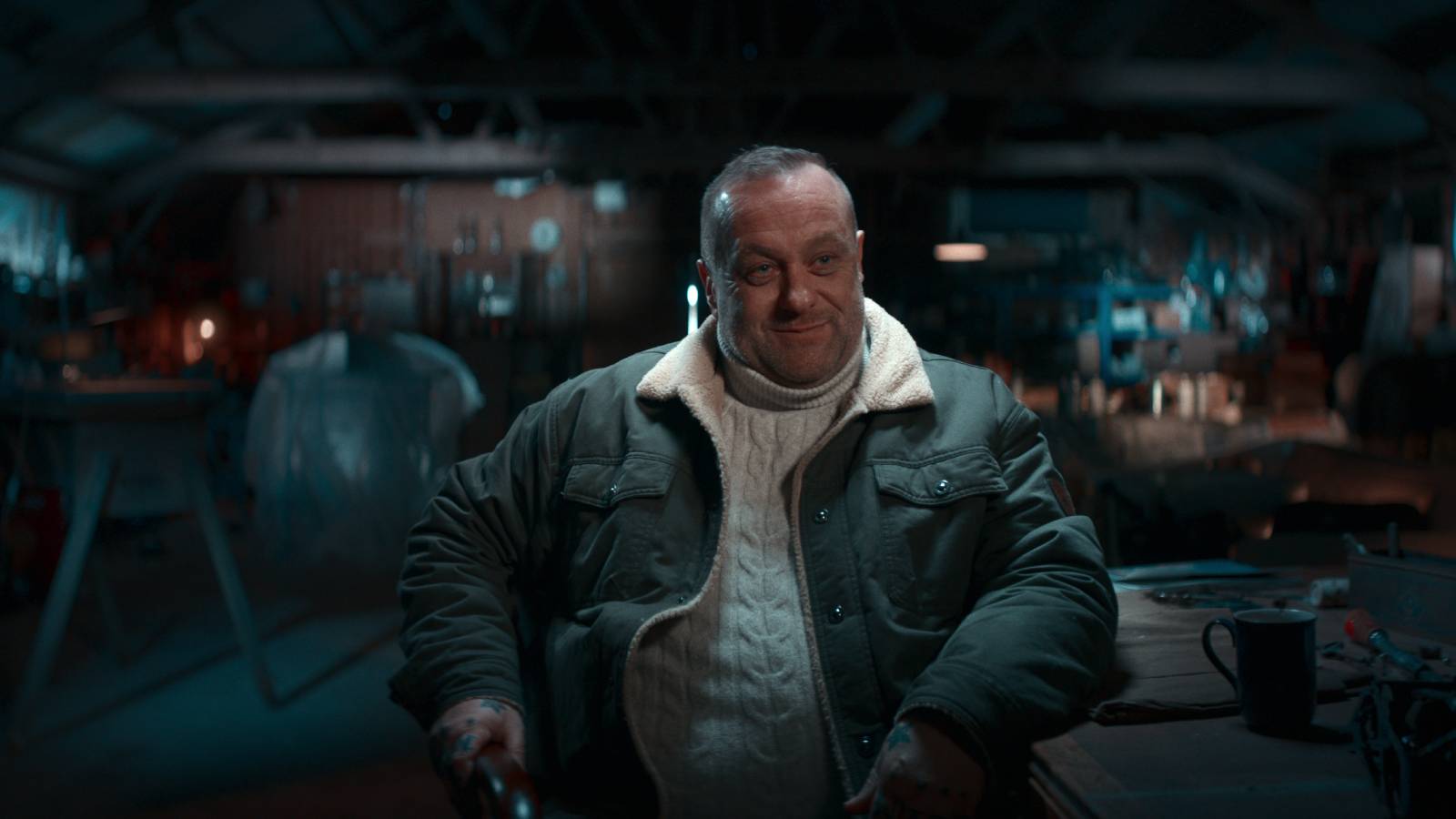Zero Day ending explained: George discovers the terrible truth
But what will he do?
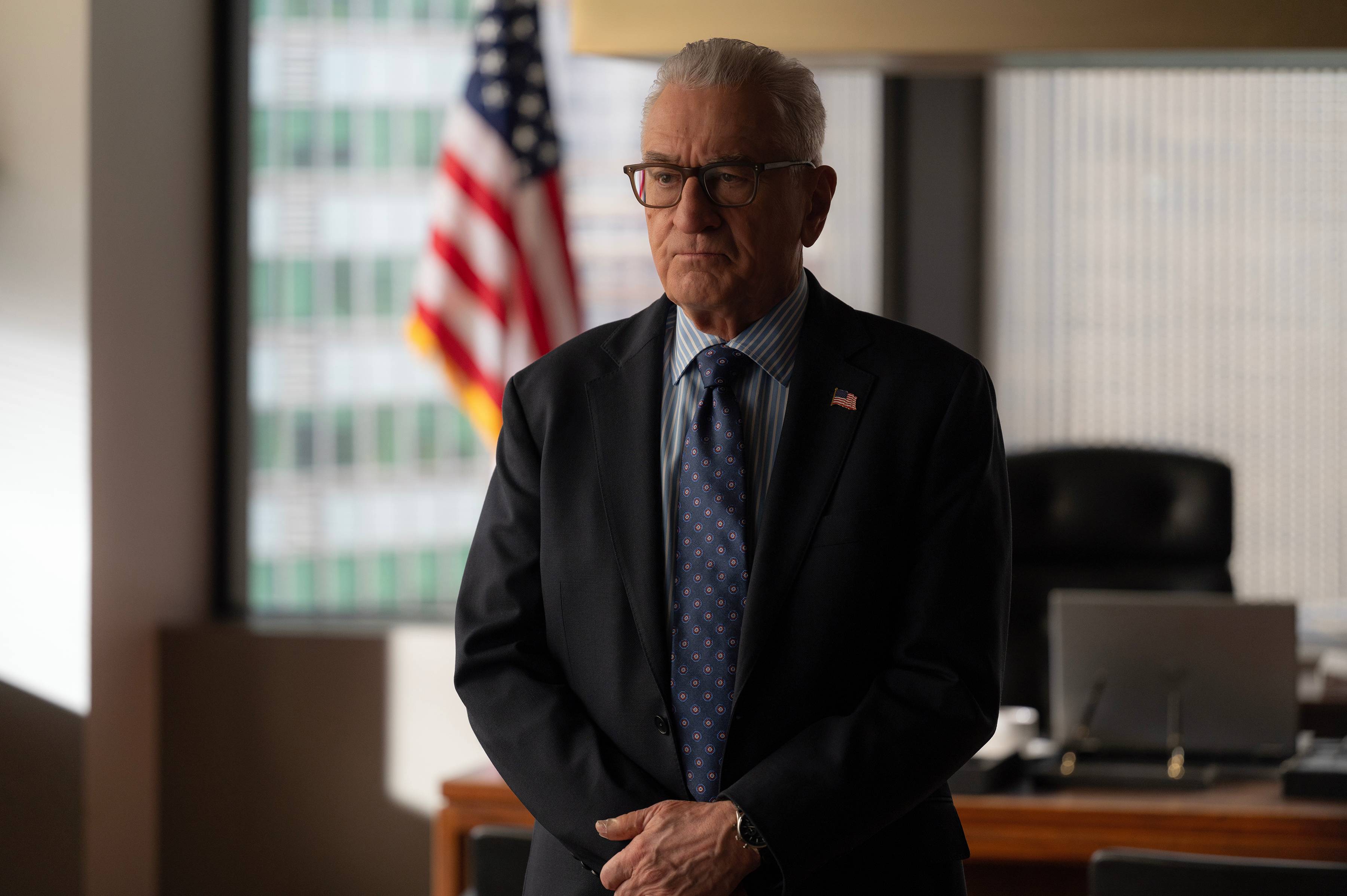
The world's media reports on Monica Kidder (Gabby Hoffman)’s apparent suicide and say she was the mastermind behind the Zero Day attacks. Richard Dreyer (Matthew Modine) leaks a story that the FBI was increasingly concerned by Kidder’s behavior in the lead up to Zero Day.
Will Kidder be entirely blamed for the Zero Day attack? Who else was involved? Here's our recap of Zero Day’s sixth and final episode...
Alexandra (Lizzy Caplan) walks into a meeting where Dreyer lays out how they’re going to put all the blame for Zero Day on Kidder. Alexandra says George Mullen (Robert De Niro) won’t believe that, he’ll pull every thread to find the truth.
Dreyer admits things haven’t gone to plan. But he says the plan is to still cut off the political fringe on both sides and to explore a vulnerability that has been mistaken for freedom. Dreyer wants to restore faith in their ability to govern. Dreyer says there is still room to achieve all that. He promises it’ll be taken care of by tomorrow.
Alexandra says they have to come clean. Dreyer warns Alexandra that their partners’ version of clean is much different to hers.
Alexandra has a change of heart
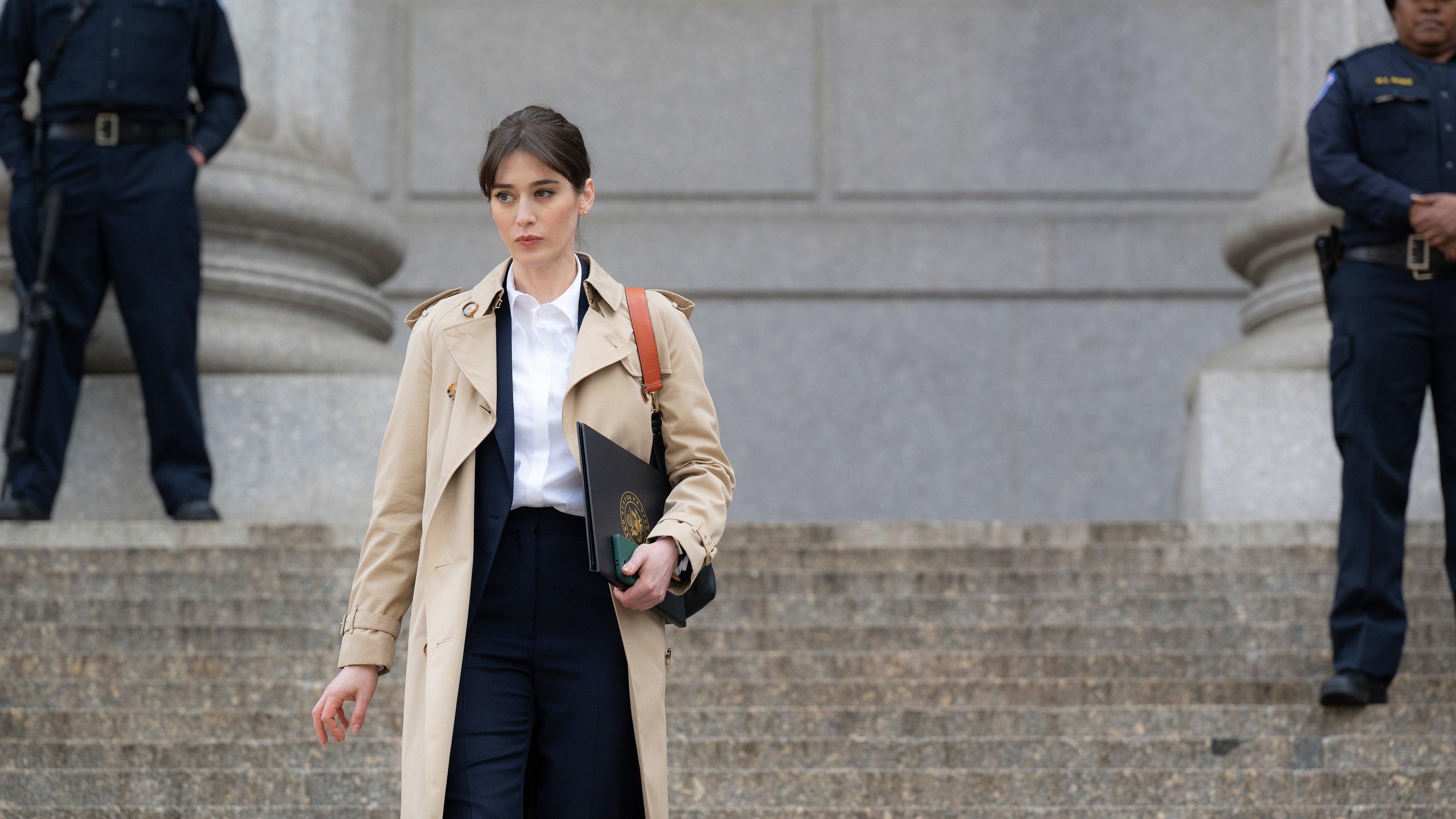
George asks if Kidder could have done this on her own. He’s told that it might just be exactly what it looks like: a sociopathic billionaire destroying the country because the government was taking away her control. But George doesn’t seem convinced. Alexandra calls George and Sheila (Joan Allen) and tells them that she's coming to see them. She also warns them to be careful.
Another cyber attack
Then, suddenly, another cyber attack hits the entire country. After a minute, the power still doesn’t come back up. A secret service agent warns George that an extremist threat has been made against his life. They need to get George and Sheila out of the house.
Get the What to Watch Newsletter
The latest updates, reviews and unmissable series to watch and more!
In order to get George and Sheila out, they have to drive through the crowd of protesters outside his home. The crowd surrounds the car. When another secret service car explodes, the agents in George and Sheila’s car go to help, only to be caught. George and Sheila find themselves surrounded. The protestors try to smash their way in. Finally more agents turn up and get the protestors away. They’re led by Jeremy Lasch (Bill Camp)
Lasch explains that him and President Mitchell (Angela Bassett) have long believed that Zero Day was conducted by people inside the government. That’s why Mitchell and Lasch reached out to George in the first place. Lasch and George think Dreyer was involved. Lasch promises that the CIA didn’t use Proteus on George. Lasch says the next few hours are the endgame.
Alexandra and George have a heart-to-heart
Alexandra returns to her apartment to get some items. She's greeted by George, who snuck inside. She admits to being involved. Says that Dreyer had the backing of 12 other politicians and that it was Kidder’s idea. She wanted to remind people how fragile they are so that politicians could focus on what’s important in life and actually hear each other. Alexandra insists she didn’t know anyone was going to die, then breaks down in tears.
George meets with Dreyer
George tells Dreyer they need to meet in person. When they do, Dreyer insists they’re on the same side and he has acted out of loyalty to the country. He says America is in an emergency, that half the country is caught up in a fever dream of lies and conspiracy while the other half is arguing about pronouns and ranking their grievances. Dreyer says the commission could have solved these issues if it was surgically used and he had been made the head of it. George says every dictator always insisted they’d take power temporarily.
George tells Dreyer he needs to call his lawyer, because he’s about to be arrested. Dreyer tries to negotiate. Saying he’ll resign at the end of his term, as will everyone else involved. He tells George to pin it on Kidder and Robert Lyndon (Clark Gregg) instead. Dreyer reminds George that if he’s arrested and tried for treason, so is Alexandra.
Zero Day ending explained: George makes a massive decision
The next day, as George wonders what to do next, Sheila tells George that she can’t lose another child.
Mitchell pays a visit to George in his Hudson home. She apologizes for getting George involved, especially since it got so personal. She tells George that if the public finds out how deep this really goes, she doesn’t think the country survives. She also wants a second term, and promises to do anything George desires, if he just pins it on Kidder and Lyndon.
Valerie Whitesell (Connie Britton) gives Dreyer a sneak peak at the report on the commission’s findings. After reading it, Dreyer smiles and calls George a smart man.
Before George gives a speech to a packed Capitol Hill, Alexandra gets a letter to George. As he gives the speech, George begins to hear, “Who Killed Bambi?,” and the words on the teleprompter become jumbled. George composes himself, then says that the cyber weapon was originally developed by the NSA and blames Kidder and Lyndon.
George hears the song again. George decides to tell the truth. He pulls out the note from Alexandra and reads from it. She apologizes for her involvement in Zero Day. She says she will turn herself in and face justice. George says Dreyer led the conspiracy. He then lists all of the other senators and congressmen and women who were involved. George says more people were involved and they need to find them.
He tells Mitchell to bring the country’s enemies to justice. As George leaves, Dreyer says he’s destroyed the country.
George returns home to an empty house, as news emerges that Alexandra has already been arrested. He burns the manuscript for his memoir.
The next day, George goes for a run. Now completely alone, he stops and solemnly looks out over the Hudson River.

Born and raised in England but now based in Philadelphia, Gregory Wakeman has written for the BBC, New York Times, The Guardian, GQ, and Yahoo Movies UK, all while defiantly trying to keep his accent.
You must confirm your public display name before commenting
Please logout and then login again, you will then be prompted to enter your display name.
